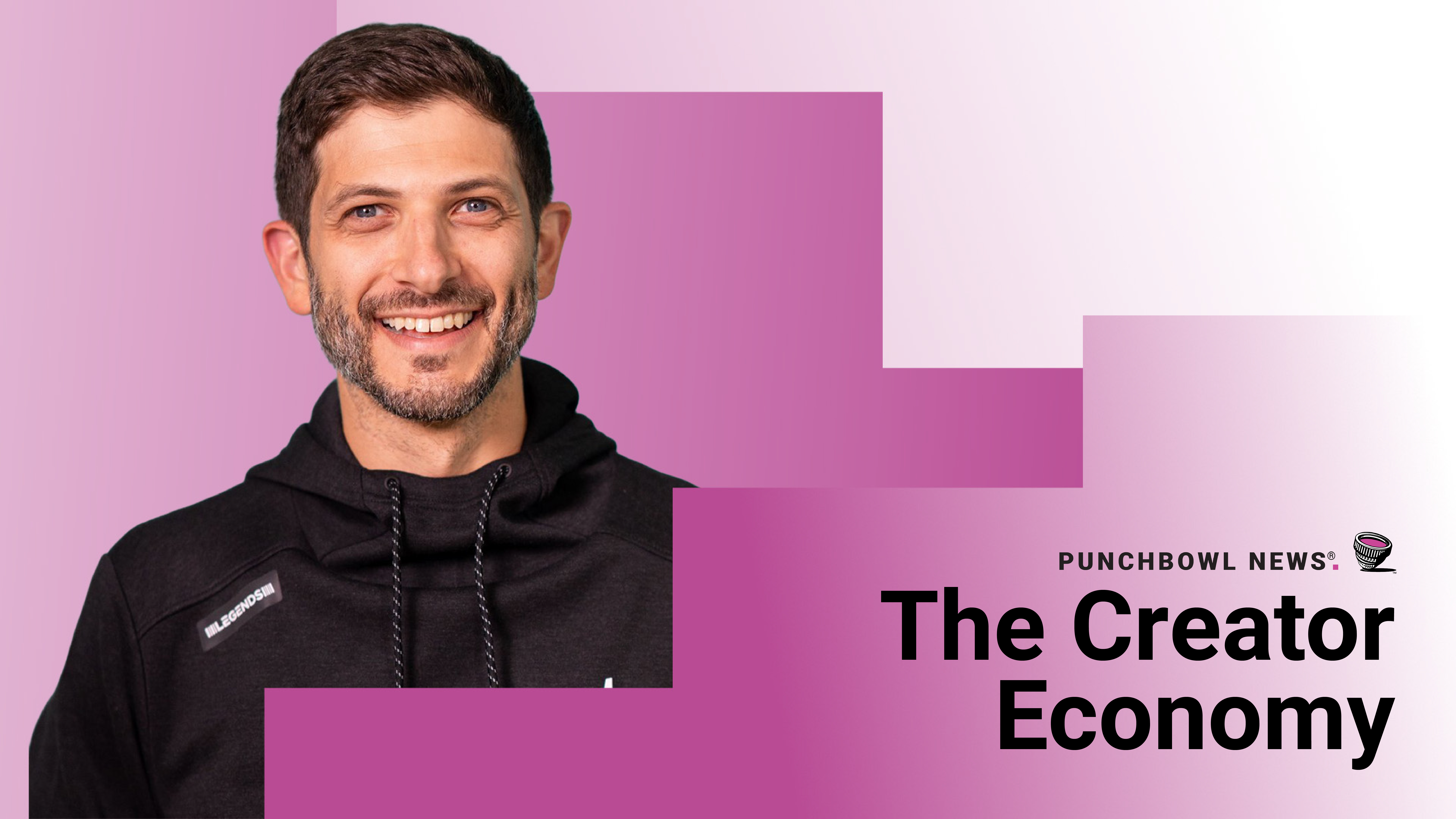YouTube’s creative ecosystem contributed over $55 billion to the US GDP in 2024.
Setting the Stage
Creators are coming to Washington.
Relatively unknown to many just a decade ago, the creator economy is now big business.
About 67 million people globally call themselves part- or full-time creators, with that number likely to soar beyond 105 million by 2030, according to a recent Goldman Sachs report. That staggering growth is why creators are scrambling not just the jobs landscape but culture and the media business in a way that lawmakers are only just starting to recognize.
“It’s groundbreaking,” said Rep. Yvette Clarke (D-N.Y.), one of the cofounders of the new bipartisan Congressional Creators Caucus. “The folks we are looking at today are really the pioneers when you think about the creator economy and what it will be for future generations.”
The creator economy is a far cry from the basic recipe bloggers and clothing influencers of the early internet. Digital creators now have a variety of social platforms on which to deploy with active monthly users on major sites like YouTube, Instagram and TikTok running into the billions.
The content is now about as varied as you can imagine, from culinary influencers and high-profile stunt masters to scripted series, gamer livestreams and the political podcasters whose popularity skyrocketed during the 2024 election.
Creators are not just online: The most successful ones touch many facets of the economy, from major brand partnerships to direct-to-consumer product sales.
“It’s just a tremendous boon to the economy,” said Sen. Adam Schiff (D-Calif.), who formerly represented the creator and media hub of Los Angeles in the House. “We now see this dispersal of content distribution, which has enabled a whole new generation of creators to start their own businesses, to contribute to the economy, to have their voices heard.”
In many ways, the creator ecosystem sits alongside traditional media, with actors hopping between projects and studios using appearances with creators to gin up buzz.
But there’s also tension. Creators are disrupting the linear media ecosystem, opening up their own studios and employing teams of people to further drive economic growth.
Viewers are flocking to creators’ platforms, even as those who make digital content complain that their full-time occupations are still misunderstood.
One thing is clear, creators now play a prominent role in the economy, politics and society at large. That isn’t likely to change anytime soon.
The Impact
The full numbers on the creator economy are startling. While the vast majority of creators are amateur or part-time, about 2 million creators worldwide are employed full-time, per Goldman Sachs. Job openings, the report said, are now flowing into other sectors, with 40% in the engineering industry in the last three months of 2024.
In separate findings from 2023, Goldman put the total market at $250 billion, headed to $480 billion for 2027.
“It’s a big circle,” said Kent Rollins, a hugely successful Oklahoma-based chef known on YouTube as Cowboy Kent.
Rollins described to Punchbowl News how his channel spills over into the physical world. Rollins said stores that sell his branded barbecue sauces, salsas and spice rubs have told him that foot traffic has increased as people come to pick up his wares. There’s other merchandise too, like cast iron cooking accessories and his cookbooks.
"We were probably 80% catering. So we would take the chuck wagon, we would drive 500 miles, feed somebody's birthday party, load it back up, drive everywhere, and I told Kent, 'This is not sustainable.' That's when we started transitioning more online," said Shannon Rollins.
Content creators contributed $55 billion to U.S. GDP in 2024 alone, according to Oxford Economics data in a new YouTube report. This is the equivalent of nearly 500,000 jobs — many of them far from the major cities that have otherwise defined the tech economy. North Carolina, home of mega-creator MrBeast, for instance, is a hotbed of the industry.
Meanwhile, social commerce, which is closely tied to the creator economy, is expected to hit $2 trillion next year, according to Deloitte.
Creator Spotlight
Rollins ended up on YouTube almost by accident. He’d been more or less a caterer, hauling his 19th century “chuck wagon” hundreds of miles to feed parties and events cowboy-style. That earned TV appearances, where Kent’s star power shot up significantly after he beat famous TV chef Bobby Flay in a chicken fried steak cookoff.
His wife, Shannon, who runs Cowboy Kent behind the scenes, explained their business model:
“The way we structure our business is everything trickles down from YouTube. So we create that video and then we splice it and then we can make a YouTube short or we can post something on our website, or we can say, ‘In this video, Kent uses this seasoning or this recipe from the cookbook.’ So it’s just a circle that kind of keeps replaying.”
"We also have some people that make products for us. So not only are we doing content creation, we have an aspect of the business on our website where we sell actual goods," said Shannon Rollins. "The way we structure our business is everything trickles down from YouTube."
After Kent’s appearance with Bobby Flay, TV seemed like a possible next step. The couple started posting more on YouTube in the mid-2010s, however, and their viewership quickly took off.
“I told Kent, I think this is where we’re supposed to be because we can handle our own content, we can come up with our own ideas,” Shannon said.
The YouTube presence turned more or less permanent and was a major lifeline during the Covid-19 pandemic. “Had we not done that, our entire business would have been wiped out,” Shannon said. “Cowboy Kent” is now a business with three full-time employees beyond the Rollinses, plus several other contractors.
The Policy Play
Making digital videos people love isn’t as regulated as some other media industries yet, but that doesn’t mean creators don’t have policy concerns.
One is the law that would force TikTok off of smartphone app stores in the United States, something President Donald Trump keeps delaying. Still, whenever the deadline approaches, TikTok is quick to point out that 7 million businesses are on the app.
Clarke said the debate over TikTok is part of what sparked her interest in founding the Congressional Creators Caucus.
“There was an outcry from small business owners and influencers about how this platform enabled them to reach their markets and their audiences,” Clarke said.
Presented By
Go to YouTube in a new tab
Source: Oxford Economics 2024 YouTube Impact Report
$0B
0K+
In 2024, YouTube’s creative ecosystem supported more than 490,000 full time equivalent (FTE) jobs in the US.
0%
71% of creators who earn money from YouTube agree that YouTube provides an opportunity to create content and earn money that they wouldn’t get from traditional media
Another looming issue is how to handle intellectual property and artificial intelligence. YouTube, for instance, recently endorsed a bipartisan bill to extend likeness and voice rights for people who are depicted in AI deepfakes.
The endorsement is part of a broader bet by YouTube that the platform will rise alongside its creators, and that what the creators want now is help protecting their IP.
There are also plenty of issues that many small businesses or other parts of the media ecosystem care about. The Federal Trade Commission, for instance, is cracking down on undisclosed marketing.
On the Hill, creators are hoping to boost access to capital and get clarity on small business taxes. Schiff is also working on what he called “a major federal film tax credit to re-shore American jobs in the industry.”
Congressional Creators Caucus Co-Chairs Clarke and Rep. Beth Van Duyne (R-Texas) have a range of issues that they want to tackle, from educating lawmakers to, as Clarke suggested, the creation of vocational training for creator economy jobs.
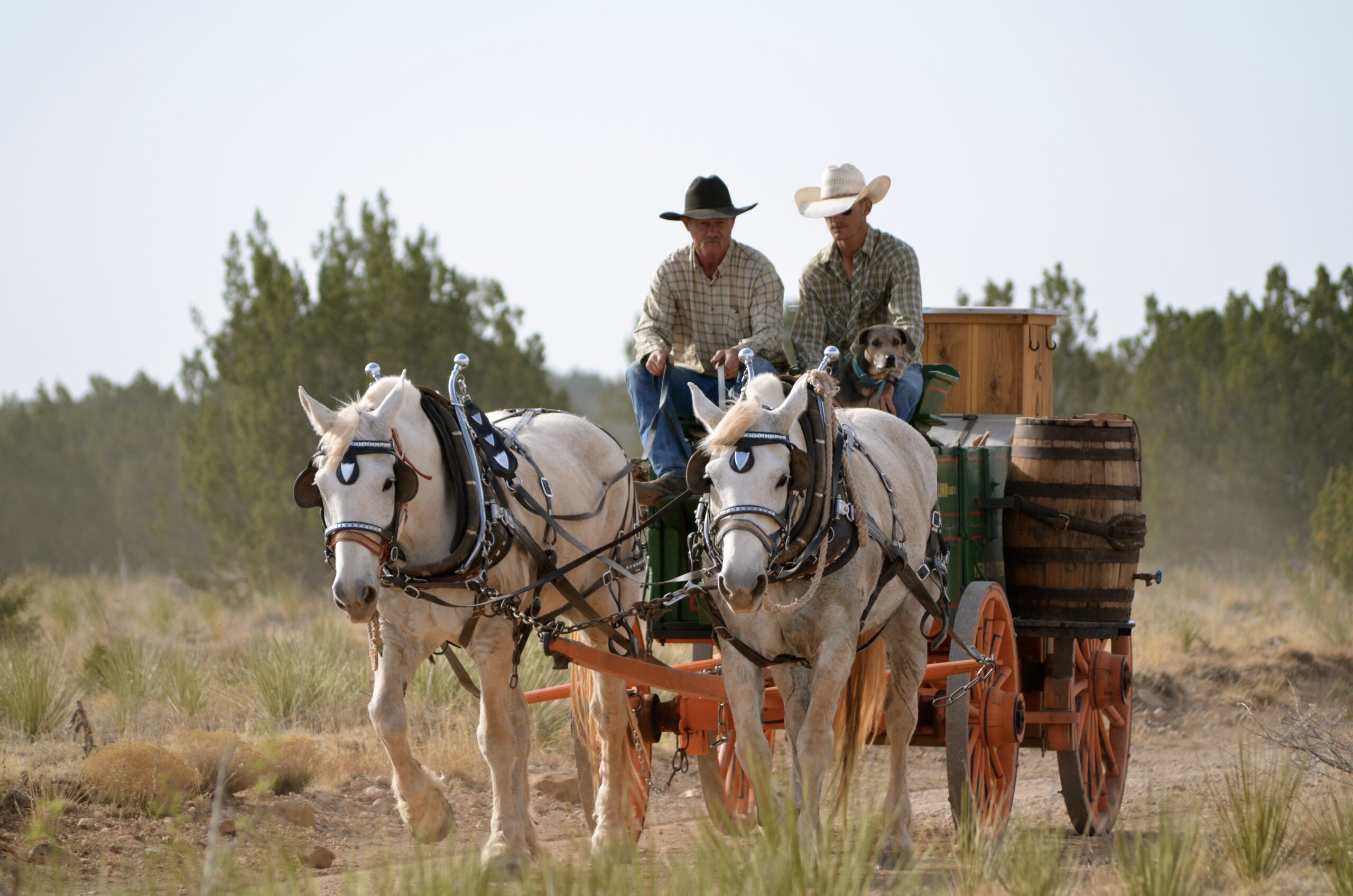
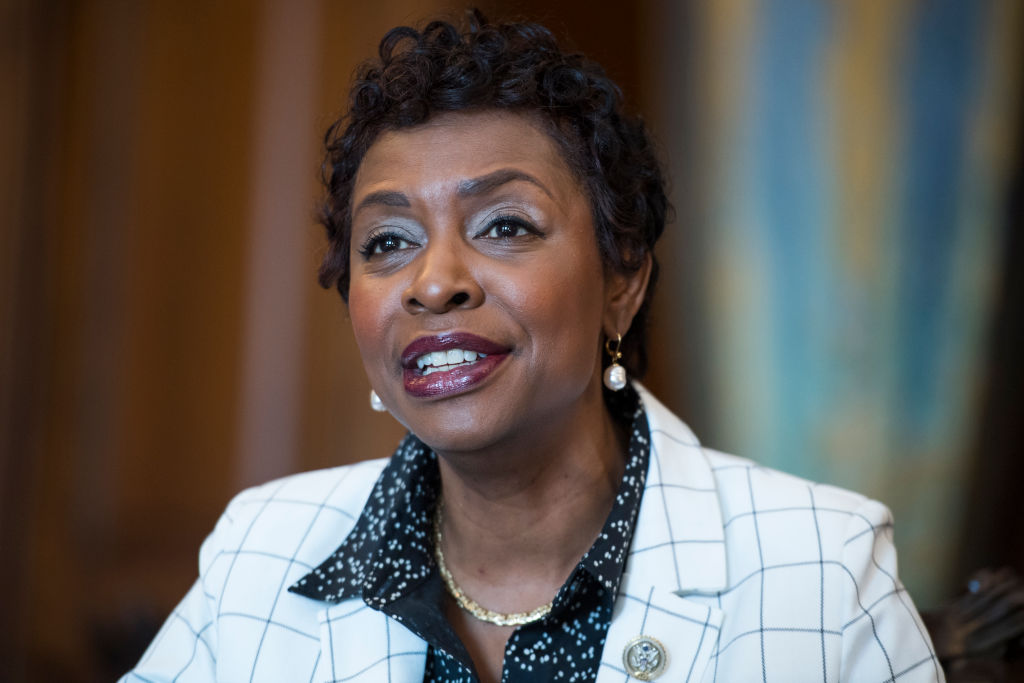
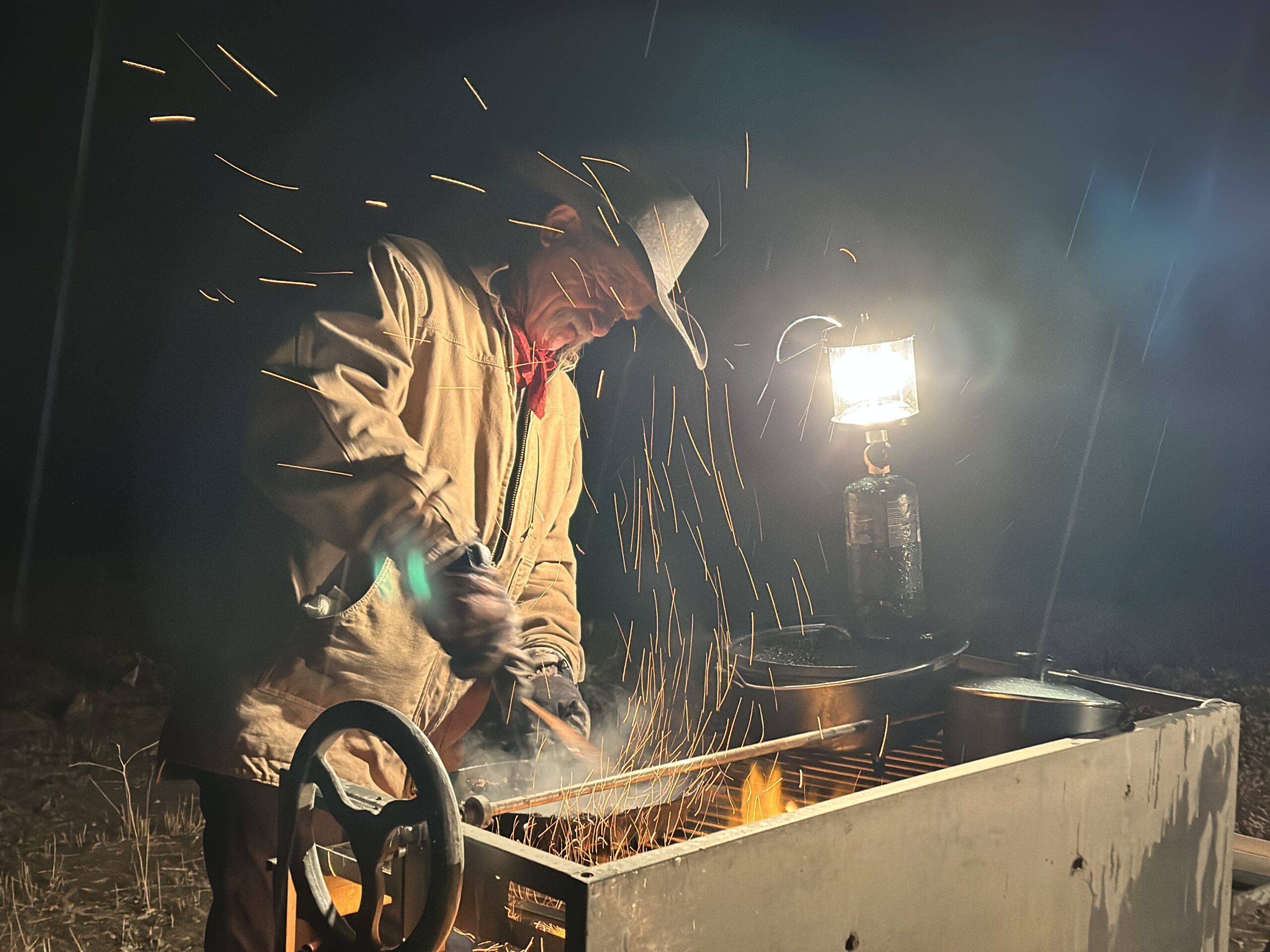
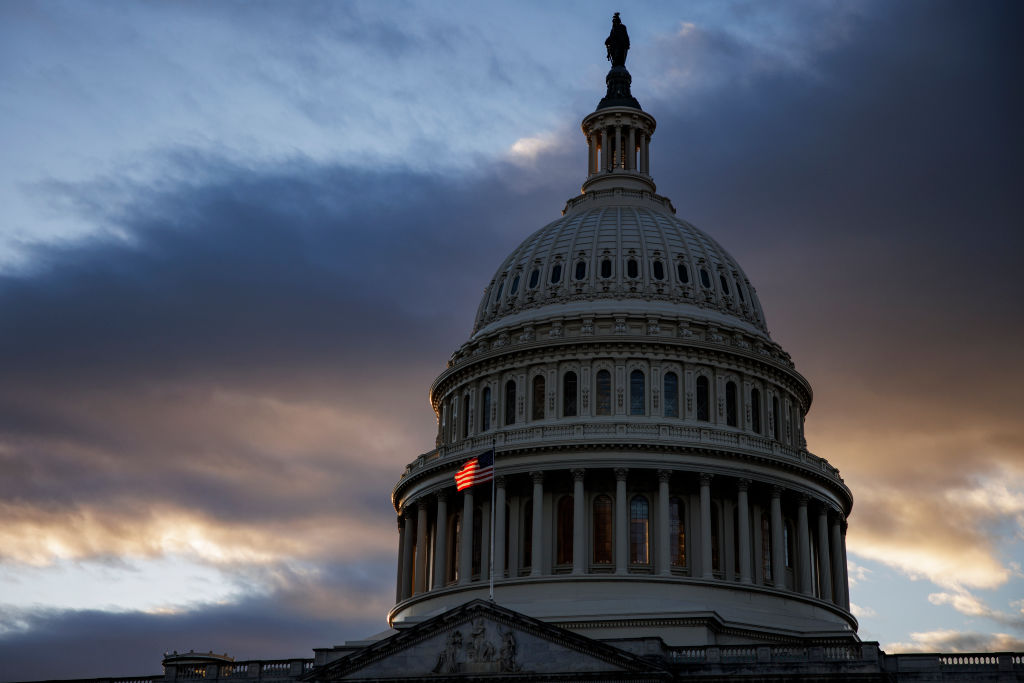
“The Creators Caucus is about making sure that people that are driving this new economy, whether they’re filming in a high-tech studio or just propping their phones up against a stack of books… have the support that they need to succeed,” Van Duyne said at the launch of the caucus.
— Ben Brody



